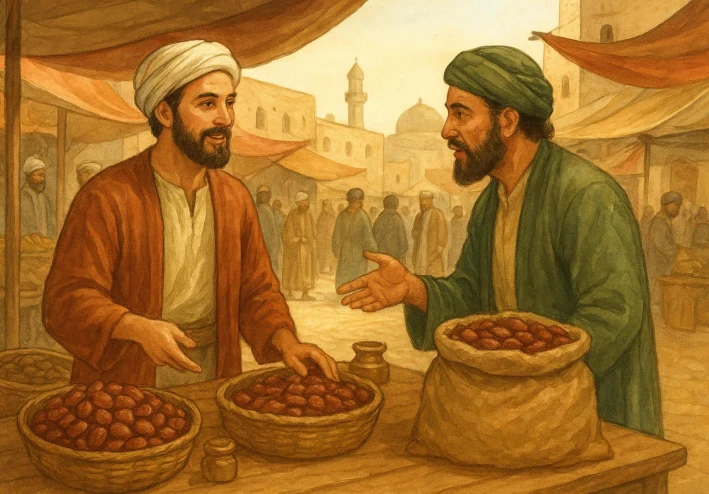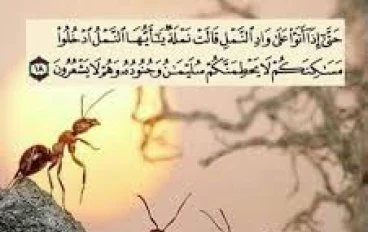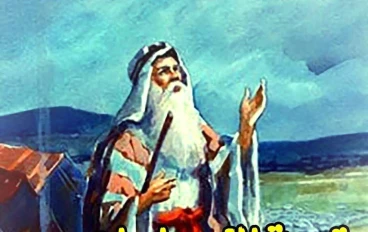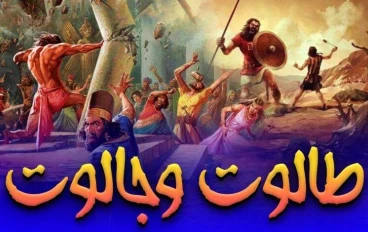
The Honest Merchant
In the bustling marketplace of Baghdad, during the time of the Abbasid Caliphate, there lived a young merchant named Khalid. Unlike many traders who sought only profit, Khalid believed in honesty and fairness. He remembered the words of the Prophet Muhammad ﷺ:
“The truthful and honest merchant will be with the Prophets, the truthful, and the martyrs on the Day of Judgment.”
Khalid sold dates, wheat, and spices. His stall was modest, yet always filled with customers because people trusted him. If his dates had defects, he would place them in a separate basket and sell them at a lower price. If his wheat had a bad portion, he would make it clear to the buyer before selling.
One hot afternoon, as Khalid was measuring out wheat for a poor widow, another merchant named Harith passed by. Harith was known for cheating—he would hide spoiled goods beneath good ones and use false weights. Seeing Khalid’s honesty, he scoffed, “You will never become rich if you show all your flaws to the buyers. Be clever like me, and you will earn double.”
Khalid replied calmly, “Brother, wealth without blessing is like a tree without water. It looks tall for a time but eventually withers.”
Harith laughed and walked away.
One day, a wealthy traveler came to the market. He wanted to buy large amounts of dates for a caravan journey. He stopped at Khalid’s stall and said, “I need many sacks, but I want to know if your goods are truly as honest as people say.”
Khalid smiled and opened the sacks one by one, showing the quality inside. He even pointed to one sack with a small portion of dates that were slightly spoiled. “These are not perfect, sir. I can sell them at a lower price if you wish.”
The traveler was astonished. “You are the first merchant who has shown me the truth without being asked. I will buy all my supplies from you.”
He paid Khalid generously and left with his goods. Word spread quickly that the traveler had chosen Khalid over all the other merchants. Customers began to trust him even more, and his stall prospered.
Meanwhile, Harith’s business started to decline. People discovered his tricks, and they no longer trusted him. He came to Khalid in frustration and said, “Tell me, how did you succeed when I had more goods and lower prices?”
Khalid replied softly, “I did not succeed by myself. It is Allah who places barakah (blessing) in honesty. Wealth comes and goes, but trust is a treasure.”
From that day, Harith reflected on his ways. Slowly, he began to change, inspired by Khalid’s character. He realized that true success was not in how much gold one earned, but in how much honesty one carried.
Years later, the marketplace of Baghdad remembered Khalid not just as a merchant but as a man whose honesty lit up the hearts of many. His stall became a symbol of fairness, and people would say to their children: “Be like Khalid, for an honest heart is worth more than a thousand coins.”
































